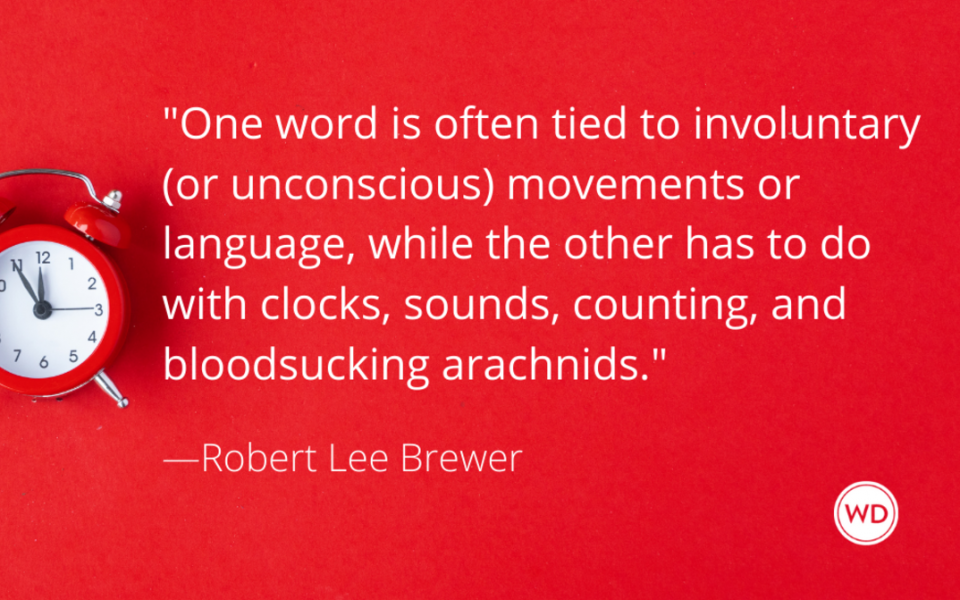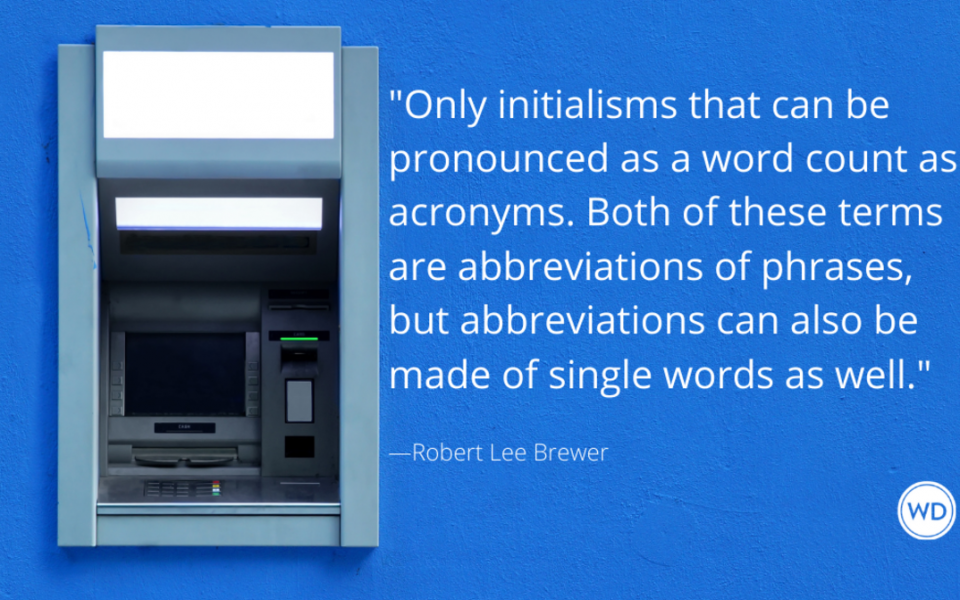Grammar Rules / 4 posts found
Parody vs. Pastiche (Grammar Rules)
If you’ve heard the terms parody and pastiche tossed around, but you’re not sure how they’re different (or how they’re related), you’re in the right place. Because we’re about to look at what each word means and how these two similar terms differ. (Grammar Rules for Writers.) Learn when you’re using parody vs. pastiche in your writing with Grammar Rules from the Writer’s Digest editors, including a few examples of each. Parody vs. Pastiche Parody is a noun that refers to a work of art or literature that is an exaggerated imitation of another piece of art or literature with […]
Desperate vs. Disparate (Grammar Rules)
For this Grammar Rules post, we look at two disparate words that sound desperately similar when spoken aloud. While both are adjectives, they have disparate definitions for people desperate for the best word for their unique situation. (Common Writing Mistakes and How to Fix Them.) So let’s look at the differences between desperate and disparate and when to use each. Desperate vs. Disparate Desperate is an adjective that can take on a few different meanings. First, it can mean giving up hope or the possibility of hope. Second, it can describe an action taken in response to this despair. Third, it […]
Tic vs. Tick (Grammar Rules)
Tic and tick are homophones that have very different meanings. One word is often tied to involuntary (or unconscious) movements or language, while the other has to do with clocks, sounds, counting, and bloodsucking arachnids. (Common Writing Mistakes and How to Fix Them.) So let’s look at the differences between tic and tick and when to use each. Tic vs. Tick Tic is a noun that refers to a frequent quirk of behavior or speech of a person. For instance, a person who says “um” frequently between words or the word “like” would be considered to have a verbal tic or […]
Abbreviation vs. Acronym vs. Initialism (Grammar Rules)
If you have trouble understanding the difference between an abbreviation, acronym, and initialism, don’t worry: They’re easy to mix up. In fact, they often overlap each other. But this post will attempt to untangle these terms ASAP. (Grammar Rules for Writers.) Learn when you’re using an abbreviation vs. acronym vs. initialism with Grammar Rules from the Writer’s Digest editors, including a few examples of correct usages. Abbreviation vs. Acronym vs. Initialism Abbreviation is the shortened form of a word or phrase intended to speed up communication and/or use fewer symbols. For instance, using “vs.” for “versus” or “dept.” for “department” as […]




